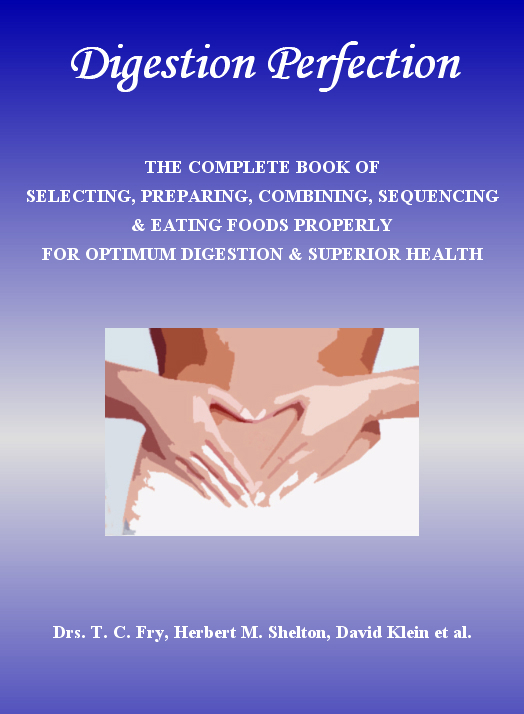
Inflammation is a normal and beneficial process that occurs when our white blood cells and other chemicals protect us from foreign invaders like viruses, bacteria or tumours. Most of us don’t realise that we need some level of inflammation to stay healthy. however it’s also possible, and increasingly common, for inflammatory responses to get out of hand.
When our immune systems mistakenly trigger an inflammatory response when no threat is present, it can lead to excess inflammation and conditions linked to asthma, allergies, auto-immune disease, heart ailments, cancer and other diseases.
For instance, inflammation of the heart (myocarditis) leads to shortness of breath and loss of strength; inflammation of the small tubes that transport air to the lungs leads to asthma attacks; inflammation of the kidneys (nephritis) leads to high blood pressure or kidney failure; and inflammation of the large intestine (colitis) leads to abdominal cramps and diarrhoea.
When we become injured or infected, inflammation is necessary to help protect and heal and, through a series of biochemical reactions, white blood cells and other chemicals are sent to the injured area. we have all certainly experienced this type of beneficial acute inflammation with symptoms like fever or skin abscesses.
When inflammation becomes chronic, however, there are often no symptoms because the condition is low-grade and systemic, often silently moving in to damage tissue. This process can go on for years without being noticed, until heart disease, cancer, Alzheimer’s or an auto-immune disease like multiple sclerosis, ulcerative colitis or rheumatoid arthritis shows up uninvited.
Chronic inflammation can be the result of a malfunctioning, over-reactive immune system, or it may be due to an underlying problem that the body is attempting to heal. certain dietary components can trigger or prevent health effects and this is very true with inflammation. Eating rancid fats and sugar will increase inflammation while healthy fats like fish oil can reduce it.
How can we determine if you have chronic inflammation?
One test used is the C-Reactive Protein blood test, which measures a protein that signals responses to many forms of inflammation. another test that is also effective is an ESR blood test, which checks for non-specific indicators of inflammation. we can also use a fasting blood-insulin level. Although this test is typically used for diabetes, it’s also a marker for inflammation. Repeatedly elevated white blood cells are indicators of immune responses that also are markers for inflammation.
Traditionally we recommend anti-inflammatory drugs like aspirin and NSAIDs (non-steroidal anti-inflammatory drugs) when treating inflammation, but using these regularly can cause peptic ulcers or gastritis.
Statins (cholesterol lowering drug) are also frequently prescribed to individuals with normal cholesterol who have elevated C-reactive protein levels, in order to combat inflammation and presumably reduce the risk of developing heart disease. taking statins in this case won’t resolve the underlying problem causing the inflammation and may increase the risk of drug side effects.
Prednisone is an immuno-suppressive drug that is associated with serious long-term side effects such as cataracts, bone loss, weakening of the immune system, and many others. Prednisone will cover up the inflammatory symptoms of the disease, but the underlying dysfunction won’t be repaired.
But, how can we fix the missing link?
Lifestyle changes go a long way in reducing chronic inflammation:
- Avoiding pro-inflammatory foods like fried fatty foods, sugar and white grains cooked at high temperatures. Increased consumption of fish oils, grapes, turmeric powder and vitamin C help reduce inflammation, along with eating a 50% raw food diet, focusing in particular on fruit and vegetables.
- Consider limiting or eliminating your intake of grains and sugars until you optimise your blood sugar.
- Exercise is a great way to lower inflammation without the side effects.
- Quit smoking. Cigarettes increase inflammation!
- use healthy outlets for stress. High levels of stress hormones can lead to excess inflammation, so be sure to use tools like meditation, prayer and yoga for relief.
- Increase your vitamin D levels. Most people are not aware that vitamin D can have a profoundly dramatic impact on your immune inflammation responses.
Although the above are long-term solutions, herbs can be useful in the short term. Bromelain found in pineapples is a natural anti-inflammatory. Ginger is anti-inflammatory taken as a tea. Resveratrol is a potent anti-oxidant/anti-inflammatory found in pomegranates, red wine and cocoa.
Inflammation may be a normal response that can be protective but, like anything in this life that becomes excessive, there is a cost. it is important to live life to the fullest, to enjoy ourselves. it is good to savour every drop provided that we leave a little for later; we must be careful not to burn ourselves out.
And some day we might even discover that inflammation was the missing link, the secret to keeping one’s cool in an existence that often seems to be perpetually inflamed by stress.
May you all stay well.
Prof Nithi Mahanonda is a heart specialist at Perfect Heart, Piyavate Hospital.
Latest stories in this category: